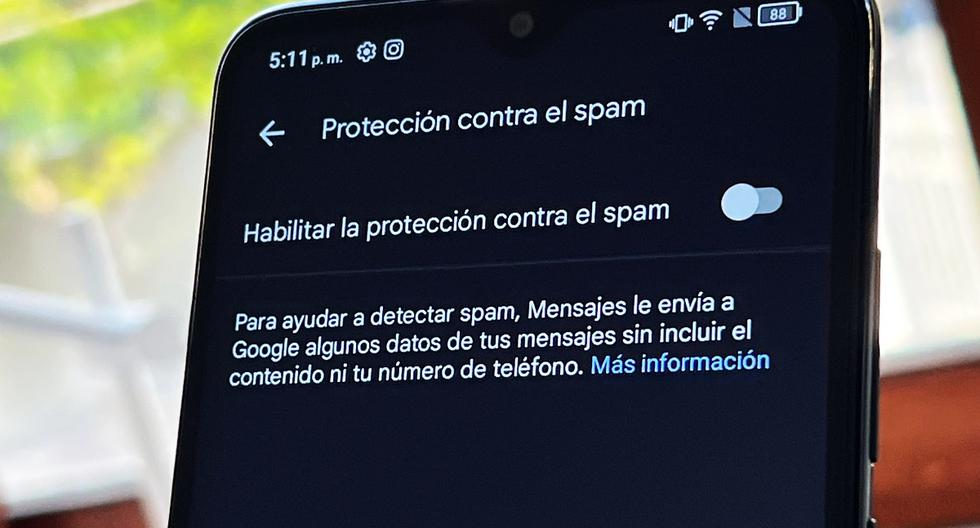Telephone harassment is a recurring problem that users in the country go through, many of them are victims of “spam calls”, where a company repeatedly tries to convince you to purchase their products or hire one of their services.
Although it is true that there are currently regulations in defense of the consumer to prevent them from receiving these calls, users continue to report this harassment by telephone. Within this framework, we will tell you about the options that people have in this situation and what they can do about it.
What should I do to stop them from making spam calls?
Diego Cabrera, senior associate at Philippi Prietocarrizosa Ferrero DU & Uría, comments that There are mainly four mechanisms to request the cessation of these communications. The first two occur in a direct environment with the supplier. To continue; the details.
- File a claim in the Claims Book. In this case, the provider will have a maximum legal period of 15 business days to access the request and, consequently, cease communications.
- Exercise the right of opposition, regulated in the Personal Data Protection Law. In this case, the supplier will have a maximum legal period of 10 business days to access the request.
The lack of response from any of them constitutes an administrative infraction. It is worth mentioning that these two mechanisms do not constitute a prior route to access the following two mechanisms.
Secondly, the other two mechanisms are activated by filing an administrative complaint with Indecopi and/or the Personal Data Protection Department, as detailed below:
- File an administrative complaint with the Indecopi Consumer Protection and Defense Commission, arguing that the provider has made commercial offers without the consent of the consumer to carry out such practices.
- File an administrative complaint with the Personal Data Protection Department, arguing that the provider has made commercial offers without the consent of the owner of the personal data to carry out such practices.
What are the penalties for companies that commit telephone harassment?
In this regard, Yvette Sanguinetti, representative of the Indecopi Consumer Protection Directorate, indicates that calls without consent are considered an aggressive commercial method and users can use any of the entity’s channels to report these events, which are subject to a penalty.
In case an infraction is determined, on Indecopi’s side, the sanction can range from a reprimand to 450 UIT. While, on the side of the Personal Data Protection Department, the sanction can range from five to 50 UIT.
“In both, the corresponding authority will only order the cessation of the offending conduct. It should be added that, in no case, the competent authority may grant any type of compensation in favor of the user”, Diego Cabrera notes.
Yvette Sanguinetti informs that, since it is an aggressive commercial method, it is not necessary for the user to have been a victim repeatedly to be able to report the fact. “Even if it was a single occasion that the company contacts you without your consent, we could already speak of an infringement.”
What do I need to be able to report?
The representative of Indecopi points out that the sanctioning process is activated with a formal administrative complaint before the agency, where the consumer must fill out a form and attach a means of proof or document.
“Sometimes people record the calls or have the telephone number registered, so that the decision-making body can carry out the corresponding investigation and decide whether or not the consumer is right.”
What happened to the platform Thank you… don’t insist!?
Yvette Sanguinetti comments that in July 2009, the ¡Thank you… do not insist! unwanted advertising.
Nevertheless, It stopped working in 2018, because there was a regulatory change.
In this sense, Diego Cabrera states that “With the modification of article 58 of the Code of Defense and Consumer Protection, which incorporates the prohibition of calls for commercial purposes if the provider does not have the consumer’s consent, the registry in question was tacitly repealed.”

















